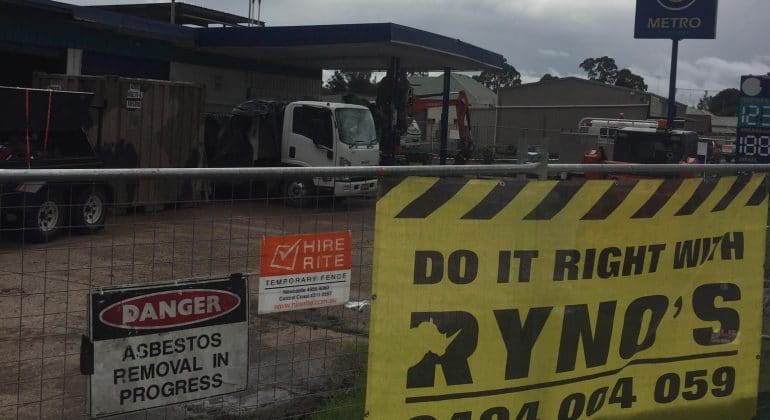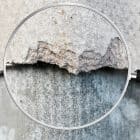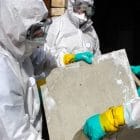What does a demolition contractor do?
In the last few years, DIY renovating has increased significantly. It’s hard to pinpoint one single reason, but rather a lot of factors: access to tutorials from other DIY’ers are more easily accessible online, the few years of lockdown had us getting bolder with what we could do ourselves around the house, and also a cost saving practice to do what you can before having a professional come in. However, while some DIY is absolutely fine, there are some things that should be done by a professional, and demolition tops that list. So, what does a demolition contractor actually do? Here’s how they will help you safely achieve your construction jobs.
Removing damaging materials
Just because the material itself isn’t dangerous – like asbestos – doesn’t mean taking it down isn’t a hazard. Things like unstable structures, crumbling walls, heavy material or any part of the structure that has lost its integrity through water damage, mould or termites. These materials need experts to understand the safety requirements, and the most effective way to remove it.
Removing and disposing of hazardous materials
Under no circumstances should dangerous materials or substances be handled or demolished by anyone other than a trained and licensed professional. Demolition contractors will have specific licences and training on safely handling unsafe materials, as well as knowing how to legally and safely dispose of it. This is particularly the case with asbestos and demolition. Asbestos materials are at their most hazardous, even fatal, when disturbed. It can also come at a substantial financial penalty to not have this done to code, including if you weren’t the one responsible for the incorrect demolition or disposal, so it’s vital that you hire a quality professional with a proven track record of safe, legal asbestos (and any other hazardous material) removal.
Removal and disposal of non-hazardous residue
Demolition contractors can also assist with the demolition and removal of non-hazardous residue. This is the secondary material that comes from the original material; so, scrap metal, wood chips and off cuts, concrete residue, post-industrial material and post-consumer material. This is all products that aren’t the primary product of the commercial or manufacturing process.
Demolition contractors are your safeguard against unsafe or hazardous demolition, removal and disposal of materials during the demolition stage of the construction. It is extremely risky, and even life threatening, to not invest in a professional who has years of experience and a deep understanding of the structure and materials, and can even assist with suggesting further professional guidance for materials outside of their knowledge areas. Hazards are not always easy to identify when you aren’t well versed and educated on it, and a demolition contractor can save you a lot of heartache (both for safety and financially – avoiding costly mistakes and fines) over the duration of your project.
Contact us today for more information on how we can help you identify, remove and demolish asbestos materials.






